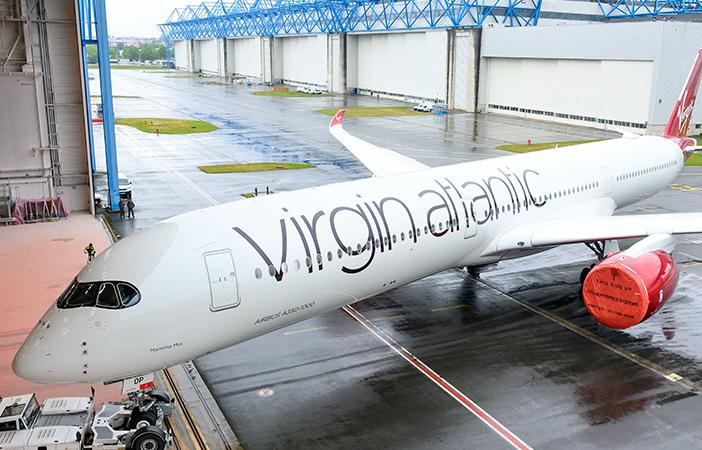Rolls-Royce is working with customers across the globe to preserve and protect their aircraft engines in readiness for a return to the skies once the global coronavirus pandemic is over.
With many of the world’s airlines temporarily grounding their aircraft as a consequence of the global Covid-19 pandemic, Rolls-Royce has said that “a careful and structured approach to engine preservation is vital to ensure peak performance is maintained once more normal service resumes”.
During the crisis, teams have been supporting customers by providing them with expert advice on how to prepare for extended periods of engine downtime and how to make sure their engines are fit to fly once they resume service again.
This process requires careful compliance with technical procedures to ensure that operators are able to maximise the flying potential of their engines without delay, and to avoid any maintenance liability for preservation-related deterioration. This applies to all types of aircraft engines used for commercial and business aviation.
Similarly, Rolls-Royce offers guidance on the de-preservation of engines and putting the right processes in place to ensure a smooth take-off.
Virgin Atlantic is one such customer that Rolls-Royce has been been working closely with on engine preservation. Rolls-Royce powers more than 30 aircraft in the Virgin Atlantic fleet, the majority of which are currently on the ground.
VP of maintenance and engineering at Virgin Atlantic, Philip Wardlaw, said: “The onset of Covid-19 has seen a number of our aircraft grounded.
Safety is always our first priority and so we’re grateful for the collaboration with Rolls-Royce in these unprecedented times.
“Our engineers are continuing to ensure all our aircraft are maintained to the highest standards so they’re ready to roll out as travel restrictions are lifted.”
Rolls-Royce has said that its global network is committed to meeting individual needs and according to the company’s chief life cycle engineer Dr Christopher Lobley, the support team at the Availability Control Centre (ACC) in Derby remains fully operational 24-7.
They are working with a network of engineers across the globe and with many of the world’s major carriers to improve preservation procedures by standardising materials and introducing alternative methods to meet individual airline needs. Read more about the ACC here
Dr Lobley said: “Time spent preparing an engine for a period of extended shutdown will yield dividends when the aircraft re-enters service. Temperature and humidity are key factors, so minimising the impact of the environmental conditions is a key priority.”
Visit rolls-royce.com for more information.


